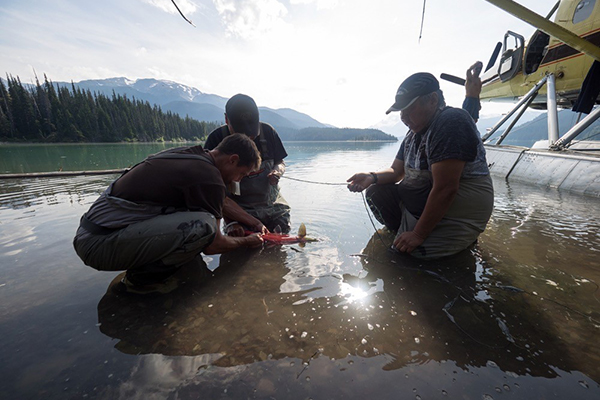
Fisheries
Is climate change prompting juvenile sockeye salmon to grow larger?
Study explores how climate change affects the size of juvenile sockeye salmon in B.C., and how populations are adapting.
Responsibility
A new study found ocean temperatures were “off-the-chart” in 2023, causing more intense weather patterns and impacting marine life.

Fisheries
Study explores how climate change affects the size of juvenile sockeye salmon in B.C., and how populations are adapting.
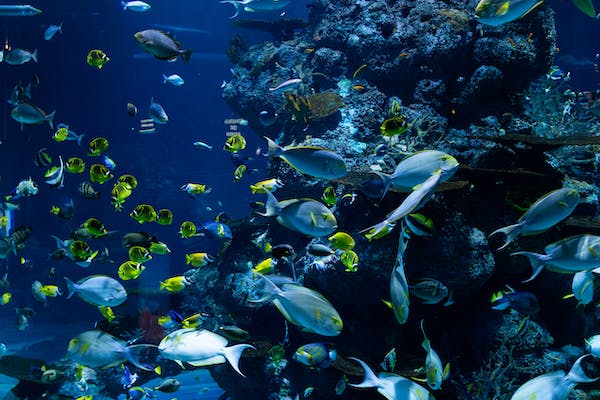
Responsibility
A new global model pinpoints marine regions where extreme temperatures are likely to have particularly harmful effects from climate change.
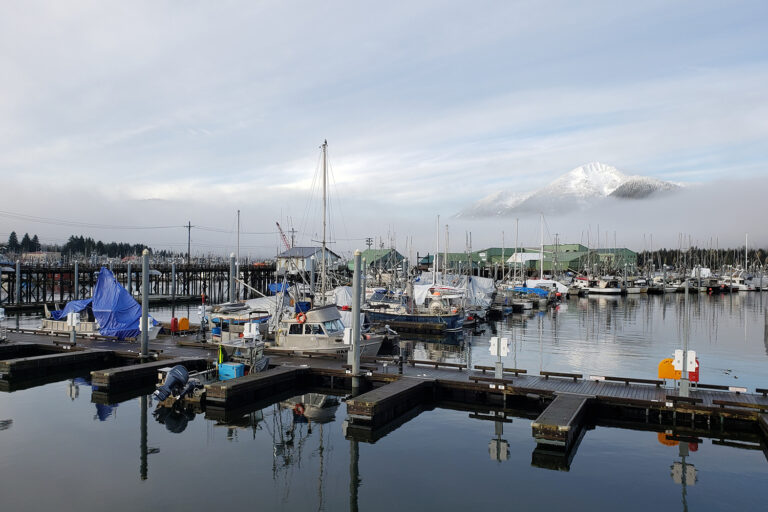
Responsibility
With most global seafood production vulnerable to the impacts of climate change, each sector faces unique adaptability obstacles and opportunities.
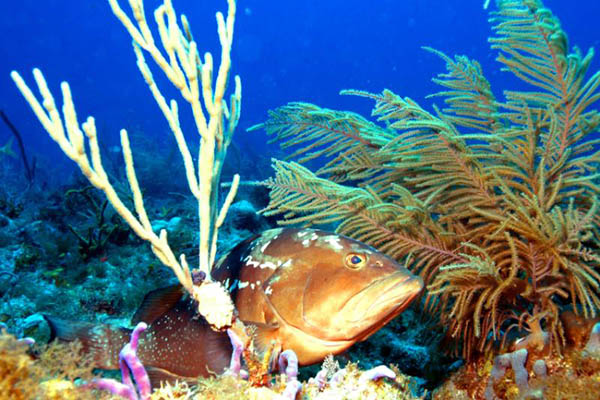
Fisheries
Certain fish species in the Gulf of Mexico and South Atlantic may be more vulnerable or resilient to climate change than others.
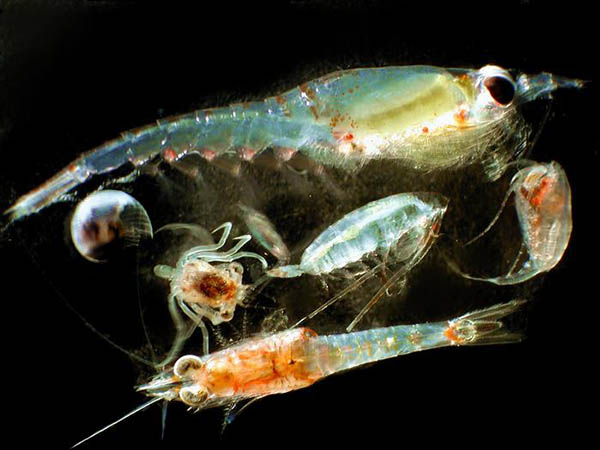
Responsibility
With ocean warming, sea creatures and commercial fishing fleets are migrating northward – potentially endangering Pacific right whales.
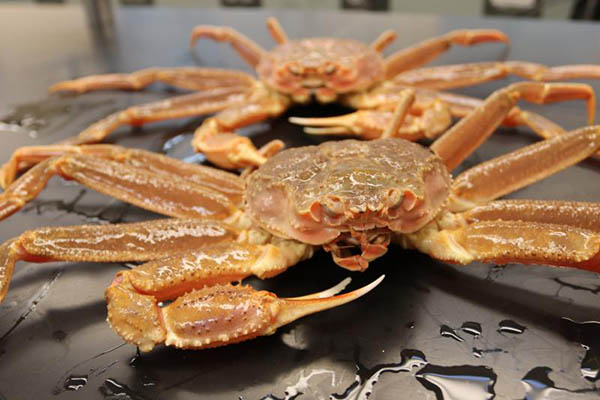
Fisheries
Starvation is most likely the cause of a mass mortality event during the eastern Bering Sea marine heatwave, according to NOAA scientists.
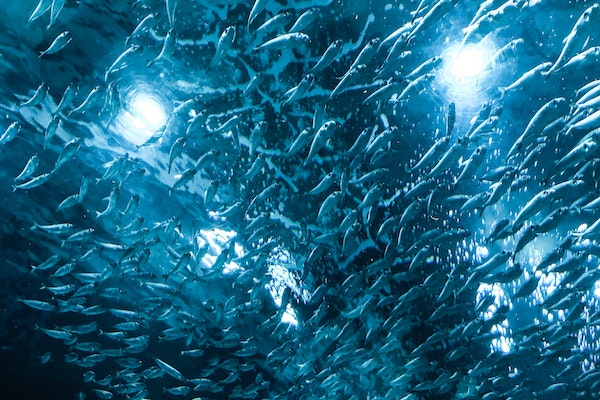
Responsibility
CSIRO determines that global warming above 2 degrees-C will decrease viable ocean habitats and will affect fishing grounds and productivity.
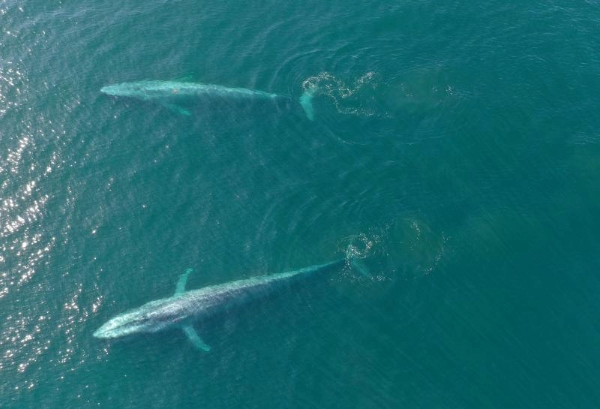
Innovation & Investment
Scientists have developed an ocean management tool that provides real-time predictions of how top predators shift during marine heatwaves.
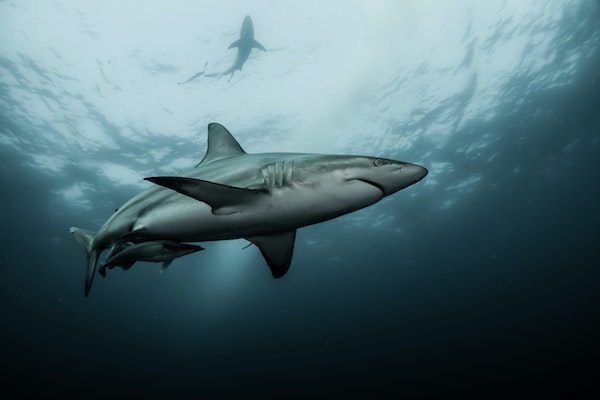
Fisheries
Tuna, billfishes and sharks in the Northwest Atlantic Ocean and Gulf of Mexico could lose 40 to 70 percent of their suitable habitat due to warming ocean water.
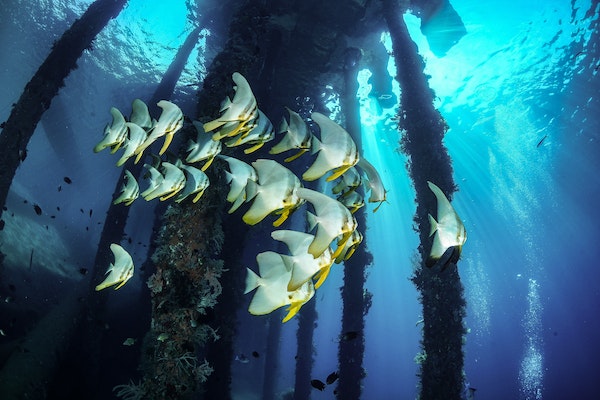
Responsibility
A new study finds that artificial reefs can bolster seagrass growth in the tropics and help mitigate climate change.

Fisheries
Ocean warming and increased frequency of marine heatwaves could lead to higher Chinook salmon bycatch rates, scientists say.
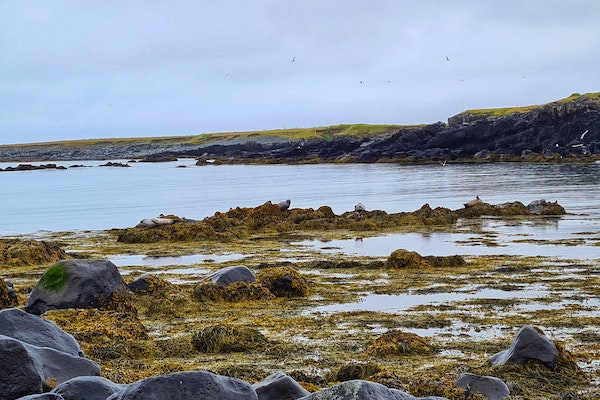
Responsibility
Scientists project seagrass to decline in abundance and composition from the effects of climate change, even in a “best case” scenario.
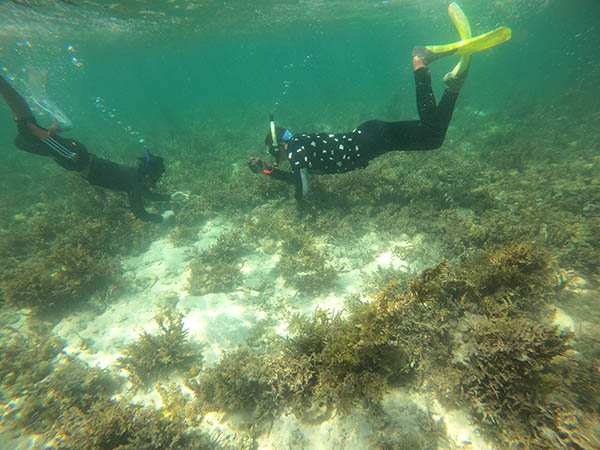
Responsibility
With ocean warming, scientists warn that urgent international protection measures need to be implemented to protect wild seaweed stocks.
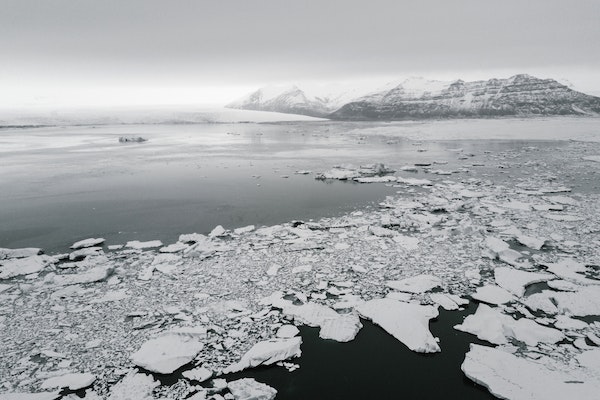
Fisheries
Fish populations are responding to ocean warming by shifting toward the earth’s poles or moving to deeper waters – all in a bid to stay cool.
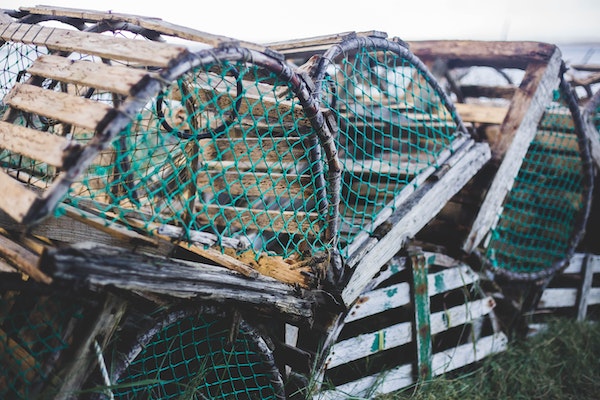
Fisheries
The lobster population in Canada’s Maritime region falls within the healthy zone, but scientists worry about the effects of climate change.